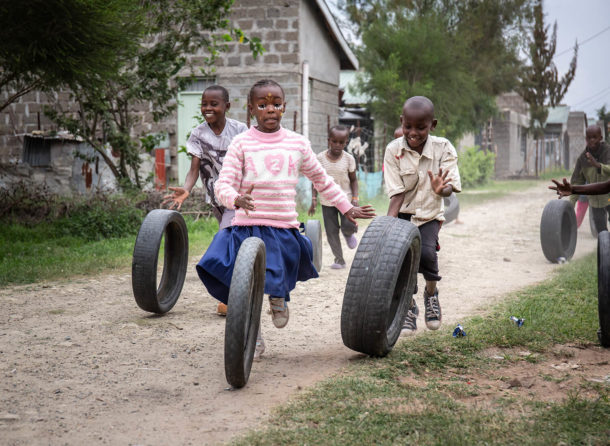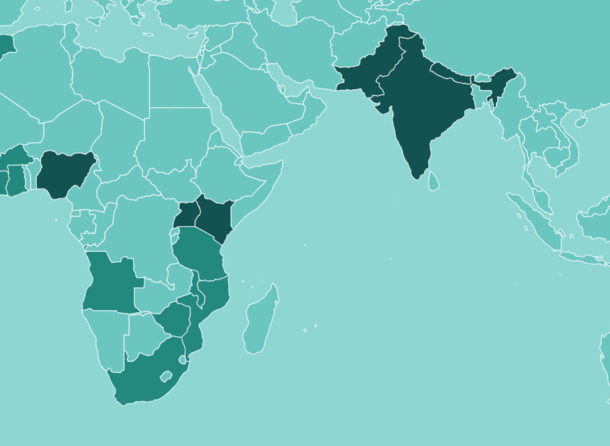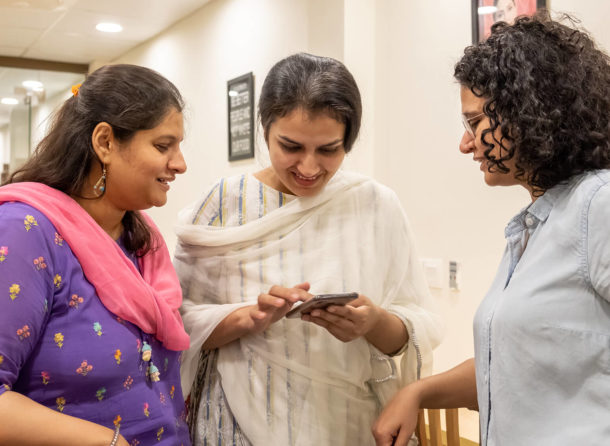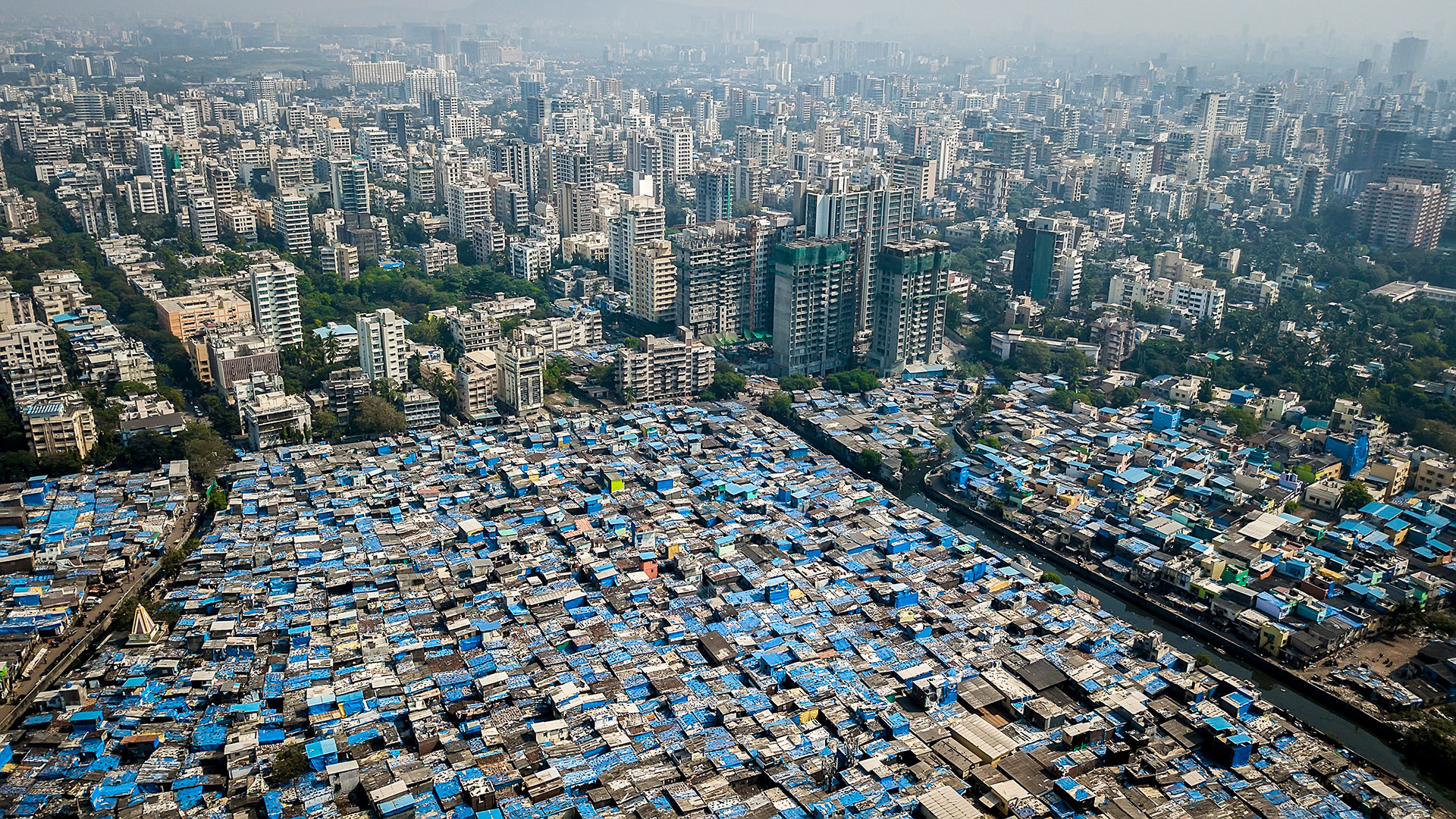
Resuscitating flatlining emerging economies – and ours
This article originally appeared in the Independent, view here.
The great lockdown is predicted to prompt a global economic downturn on a scale we have not seen since the Great Depression.
This pandemic does not respect race, gender or borders, but it is not a great leveller, and reviving flatlining economies will be the challenge of our time. Developing countries will be the hardest hit. The World Bank anticipates that 49m people will be pushed into extreme poverty this year 23m in sub-Saharan Africa and 16m in South Asia.
The United Nations Development Programme estimates income losses exceeding $220bn in developing countries. An unprecedented pandemic needs a potent remedy. For emerging economies, we need to build back better. Quite literally.
Investing in the widespread construction of decent, affordable housing in Africa and Asia needs to be a foundational part of any post-Covid recovery plan and to revive economies and help prevent future pandemics.
We know the global advice to safeguard against Covid-19 centres on social distancing, handwashing and hunkering down at home. We also know this is a pipedream for the 1.2bn people currently living without adequate shelter globally. Informal settlements and slums are potential petri dishes for the spread of coronavirus.
To compound this, there is an affordable housing gap in Sub-Saharan Africa of 50m and 70m in South Asia, respectively. This deficit is expanding exponentially with 90 per cent of the entire urban growth this decade set to occur in Africa and Asia.
Resolving this deficit will require a massive global investment into land acquisition, housing construction and the facilitation of mortgage finance. This unparalleled demand for new homes in Africa and Asia is an opportunity to improve public health and pandemic resilience alongside kickstarting emerging economies by stimulating growth and job creation at scale.
The UK plays a leading role in the development of innovative global approaches and is home to world-class expertise across infrastructure services and financial services. It also opens opportunities for the UK “ assisting in building developing countries prosperity creates the conditions for commerce to flourish and strengthen UK trade and investment opportunities around the world.
Housing markets are powerful engines of growth, and the sector has played an important role in economic recovery from recession or depression, proving to be the right tool for post Covid-19 recovery.
The United Nations estimates that housing construction can return initial investment by up to 300 per cent in developing countries.
The pandemic is a powerful reminder that the international community is deeply interconnected, and densely populated cities are at the frontline. Our interdependence means a pandemic in the slums of Nairobi is as much of the world’s problem as it is in the streets of London. It is in all our interests to protect the vulnerable.
Short-term stimulus packages must make cities stronger and protect its citizens health, promote employment, resilience and inclusion. Overcrowded settlements must be decongested and replaced with affordable, serviced housing suitable for future local and global shocks.
Our research estimates that building housing at scale represents an untapped £14trn marketplace. The Centre for Affordable Housing Finance reported that Reall’s partner in Nigeria built the most affordable homes in Africa sold by a private developer for only £6,538 in 2019. It has proved the concept that you can build a decent, sanitary home at an average cost of £7,481 per house, including land and services “ disrupting the whole housing value chain in favour of people on a low income and with a huge demand for scale which the UK could help satisfy.
We need 300m new homes by 2030. The Covid-19 crisis is an urgent wake up call to drive innovative new approaches and jumpstart more climate-smart resilient economies. The silver lining opportunity is to pioneer green energy by using materials such as low carbon bricks, and applying construction and standards which are environmentally sustainable.
Solving this crisis in the form of affordable housing will drive macroeconomic growth, stimulate the financial sector, mitigate climate change and enable billions of people to escape the poverty cycle.
Because it is not just a home housebuilding is a job-creating, GDP-boosting, health-improving, climate change-fighting engine of human potential.
Georgie Davis is head of external affairs at Reall, an organisation that promotes affordable housing for families on a low income in urban Africa and Asia.
Read more stories
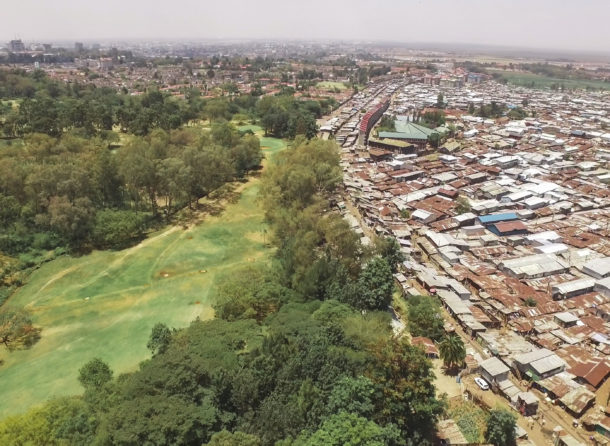
How Affordable Homes could help solve the global climate crisis
The United Nations climate summit, COP25, starts today in the Spanish city of Madrid where climate leaders will push to scale up action and investments into rapidly reducing global greenhouse gas emissions and support broader sustainable development agendas, specifically addressing …
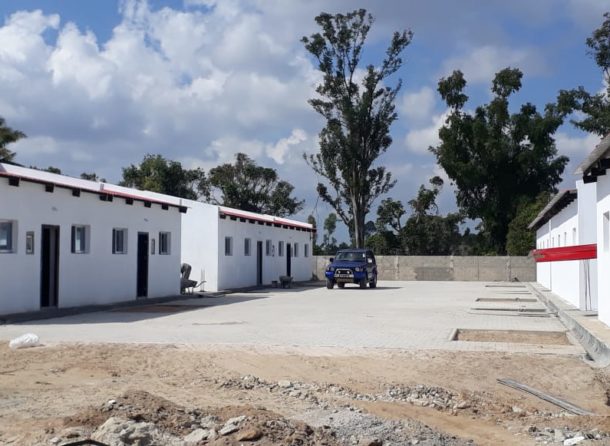
Celebrating affordable housing in Beira
The ribbon-cutting ceremony was attended by Reall’s Director of Investment and Operations Patrick Domingos-Tembwa, Mayor of Beira Daviz Simango and Casa Real Director Marie Odile. The celebration was particularly poignant as these homes managed to withstand the destruction of Cyclone…
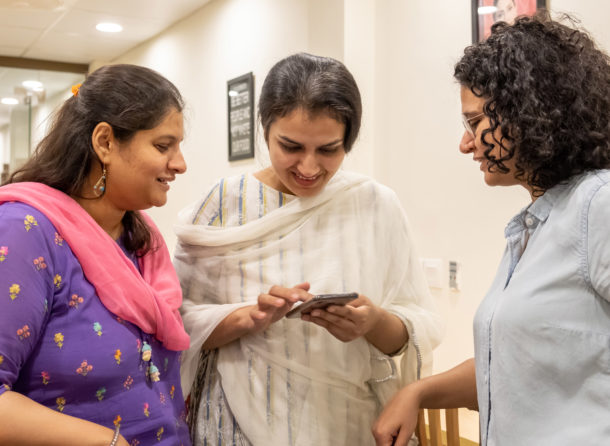
New Partnership: Syntellect
Reall are delighted to be partnering with India-based technology firm, Syntellect. Syntellect are committed to giving unbanked people the opportunity to access mortgage finance across Africa and Asia. Syntellenct has created RightProfile, a customer profiling platform designed to help lenders …
